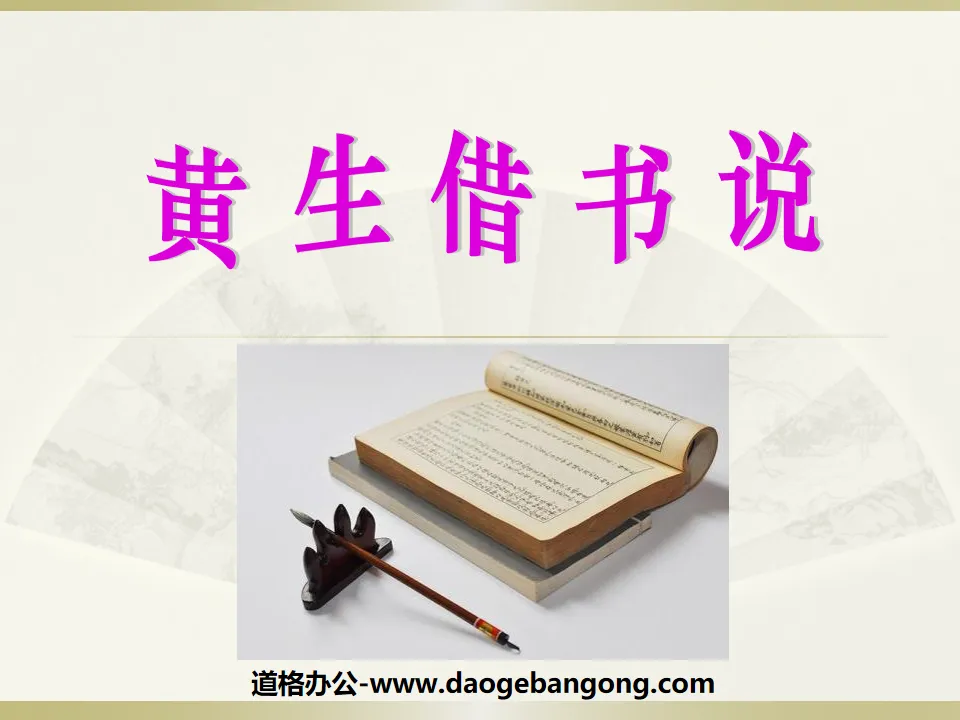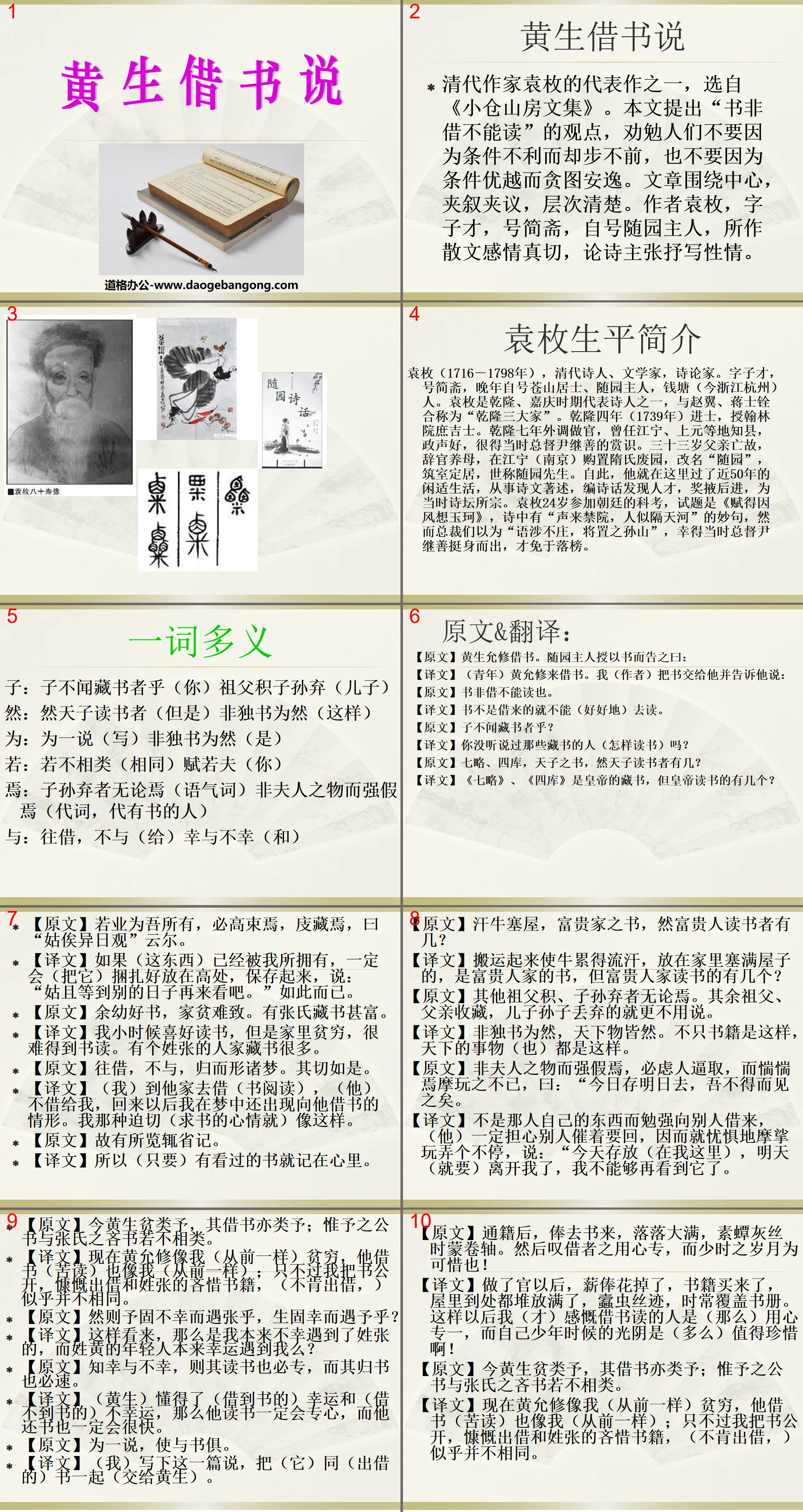The second volume of first-grade Chinese compiled by the People's Education Publishing House
The second volume of fifth-grade Chinese compiled by the People's Education Publishing House
The first volume of Chinese language for eighth grade compiled by the People's Education Publishing House
The first volume of first-grade Chinese compiled by the People's Education Publishing House
The first volume of ninth-grade Chinese compiled by the People's Education Publishing House
The first volume of fourth-grade Chinese compiled by the People's Education Publishing House
The first volume of Chinese language for sixth grade compiled by the People's Education Publishing House
The first volume of second-grade Chinese compiled by the People's Education Publishing House
The first volume of Chinese language for fifth grade compiled by the People's Education Publishing House
The second volume of Chinese language for eighth grade compiled by the People's Education Publishing House
Hunan Education Edition Third Grade Chinese Language Volume 1
The second volume of seventh-grade Chinese compiled by the People's Education Publishing House
The second volume of second-grade Chinese compiled by the People's Education Publishing House
The second volume of fourth-grade Chinese compiled by the People's Education Publishing House
The second volume of Chinese language for sixth grade compiled by the People's Education Publishing House
The first volume of third-grade Chinese compiled by the People's Education Publishing House

| Category | Format | Size |
|---|---|---|
| The second volume of Chinese language for ninth graders of Lujiao edition | pptx | 6 MB |
Description
"Huang Sheng's Talk on Borrowing Books" PPT Courseware 2
Brief introduction to Yuan Mei's life
Yuan Mei (1716-1798) was a poet, writer and poetry critic in the Qing Dynasty. His courtesy name was Zicai and his nickname was Jianzhai. In his later years, he was named Cangshan Jushi and the owner of Suiyuan. He was a native of Qiantang (now Hangzhou, Zhejiang). Yuan Mei was one of the representative poets during the Qianlong and Jiaqing periods. Together with Zhao Yi and Jiang Shiquan, he was known as the "Three Great Masters of Qianlong". In the fourth year of Qianlong's reign (1739), he was awarded the title of Jinshi (Jinshi) and was awarded the title of "Jinshi" by the Hanlin Academy. In the seventh year of Qianlong's reign, he was transferred to serve as an official. He served as county magistrate of Jiangning, Shangyuan and other places. He had a good political reputation and was highly appreciated by the then governor Yin Jishan. When his father died at the age of thirty-three, he resigned and adopted his mother. He purchased the Sui family's abandoned garden in Jiangning (Nanjing), renamed it "Suiyuan", built a house and settled there, and was known as Mr. Suiyuan in the world. Since then, he has lived a leisurely life here for nearly 50 years, engaged in writing poems, compiling poems and talking about discovering talents, and rewarding the underachievers, which was the order of the poetry world at that time. Yuan Mei participated in the imperial examination at the age of 24. The test question was "Fu De Yin Feng Xiang Yu Ke". There is a wonderful line in the poem "The sound comes to the courtyard, and the people are like the river across the sky". However, the CEOs thought that "the words are not solemn, and the general "Zhi Sun Shan". Fortunately, the then governor Yin Jishan stepped forward and was saved from being defeated.
Polysemy
Son: Don’t you hear that the collector of books (your) grandfather accumulated them and his descendants abandoned them (son)
Ran: However, the emperor’s readers (but) do not write alone (like this)
For: To say (write) for one person, not for a separate book, for (yes)
If: If they are not similar (same), assign Ruofu (you)
Yan: Those who are abandoned by descendants do not care Yan (modal particle) It is not the wife's thing, but it is forced to be false Yan (pronoun, on behalf of a person with a book)
With: to borrow, not to give (give) luck and misfortune (harmony)
Original text & translation:
[Original text] Huang Shengyunxiu borrowed books. The master of the garden gave him a book and told him:
[Translation] (Youth) Huang Yunxiu came to borrow books. I (the author) handed the book to him and told him:
[Original] You cannot read a book unless you borrow it.
【译文】You cannot read the book (well) unless it is borrowed.
【Original】Don’t you know about book collectors?
[Translation] Haven't you heard of those who collect books (how to read)?
[Original text] Qilue and Siku are the emperor's books. But how many readers do the emperor have?
[Translation] "Qilue" and "Siku" are the emperor's collection of books, but how many of the emperors read?
Purpose
This article puts forward the point of view that "books cannot be read without borrowing them", and urges people not to hold back because of unfavorable conditions. As long as they have ambition and determination, unfavorable conditions can encourage people to forge ahead and achieve results. It also reminds people not to hold back because of unfavorable conditions. Being superior, coveting comfort and developing the bad habit of not seeking progress. Cherish your time, cherish the learning conditions you have, and study hard.
"You cannot read a book without borrowing it." How do you understand the meaning of this sentence? In order to illustrate this point of view, what aspects does the author focus on?
The meaning of this sentence is that only borrowed things will make people feel cherished. The original meaning is that if the book is not borrowed, it will not be read well. The implication is that people will always cherish hard-won things. Three aspects: Emperor, the comparison between rich people who have many books but don’t read them and when I was a child, Huang Sheng had no books to read and could only borrow books and study hard; comparison of different attitudes and moods towards dummy things and things that belong to me; " The contrast between "grandfather's accumulation" and "descendants' abandonment".
The author said: "This is true not only of books, but of everything in the world." How do you understand the meaning of this sentence?
This is not just true for reading, but also for everything in the world. (What we have is often not well tolerated. This is a common feature of human beings. So it is not just about owning books, it is like this about everything in the world! You cannot cherish what you have ready-made!)
In the third paragraph, the author talks about his own personal experience:
When I borrowed books, I "read everything and took notes", but after I became an official, "when my salary was gone, the books were full, and they were covered with scrolls." The purpose of this is to compare one's attitude towards books before becoming an official and after becoming an official, which effectively proves the view that "books cannot be read unless they are borrowed", which is more convincing.
Keywords: Huang Sheng borrows books and talks teaching courseware, Lujiao version ninth grade Chinese PPT courseware download, ninth grade Chinese slide courseware download, Huang Sheng borrows books and talks PPT courseware download, .PPT format;
For more information about the PPT courseware "Huang Sheng's Talk on Borrowing Books", please click the "Huang Sheng's Talk on Borrowing Books" ppt tag.
"Huang Sheng's Theory of Borrowing Books" PPT courseware 4:
"Huang Sheng's Theory of Borrowing Books" PPT courseware 4 is one of the representative works of the Qing Dynasty writer Yuan Mei, selected from "The Collected Works of Xiaocang Shanfang". This article puts forward the view that books must be borrowed and cannot be read, and encourages people not to hold back because of unfavorable conditions, nor to covet comfort because of superior conditions. article..
"Huang Sheng's Theory of Borrowing Books" PPT courseware 3:
"Huang Sheng's Theory of Borrowing Books" PPT Courseware 3 About the author Yuan Mei (17161798), also known as Zicai, also known as Jianzhai, also known as Suiyuan Laoren, was born in Qiantang (now Hangzhou, Zhejiang) and was a writer of the Qing Dynasty. During the Qianlong period, he passed the Jinshi examination and served as county magistrate of Jiangning and other places. After resigning, he lived in Xiaocangshan, Nanjing and built...
"Huang Sheng's Theory of Borrowing Books" PPT courseware:
"Huang Sheng's Talk on Borrowing Books" PPT courseware Learning objectives: 1. Know how to cherish the excellent learning environment and concentrate on learning. 2. Study the writing characteristics of rigorously conceived and contrasting texts. 3. Understand the ancient and modern meanings of some two-syllable words. About the author Yuan Mei, the author of the text..
File Info
Update Time: 2024-10-22
This template belongs to Chinese courseware The second volume of Chinese language for ninth graders of Lujiao edition industry PPT template
"Huang Sheng's Talk on Borrowing Books" PPT Courseware 2 Simple campus recruitment activity planning plan summary enterprise and institution recruitment publicity lecture PPT template is a general PPT template for business post competition provided by the manuscript PPT, simple campus recruitment activity planning plan summary enterprise and institution recruitment promotion Lecture PPT template, you can edit and modify the text and pictures in the source file by downloading the source file. If you want more exquisite business PPT templates, you can come to grid resource. Doug resource PPT, massive PPT template slide material download, we only make high-quality PPT templates!
Tips: If you open the template and feel that it is not suitable for all your needs, you can search for related content "Huang Sheng's Talk on Borrowing Books" PPT Courseware 2 is enough.
How to use the Windows system template
Directly decompress the file and use it with office or wps
How to use the Mac system template
Directly decompress the file and use it Office or wps can be used
Related reading
For more detailed PPT-related tutorials and font tutorials, you can view: Click to see
How to create a high-quality technological sense PPT? 4 ways to share the bottom of the box
Notice
Do not download in WeChat, Zhihu, QQ, built-in browsers, please use mobile browsers to download! If you are a mobile phone user, please download it on your computer!
1. The manuscript PPT is only for study and reference, please delete it 24 hours after downloading.
2. If the resource involves your legitimate rights and interests, delete it immediately.
3. Contact information: service@daogebangong.com
"Huang Sheng's Talk on Borrowing Books" PPT Courseware 2, due to usage restrictions, it is only for personal study and reference use. For commercial use, please go to the relevant official website for authorization.
(Personal non-commercial use refers to the use of this font to complete the display of personal works, including but not limited to the design of personal papers, resumes, etc.)
Preview










